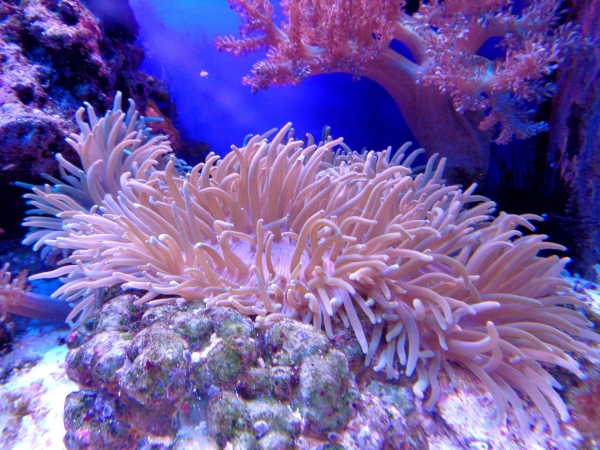A popular coral restoration technique is unlikely to protect coral reefs from climate change and is based on the assumption that local threats to reefs are managed effectively, according to a study co-authored by Rutgers researchers.
The research, published in the journal Ecological Applications, explored the response of coral reefs to restoration projects that propagate corals and outplant them into the wild. Additionally, researchers evaluated the effects of outplanting corals genetically adapted to warmer temperatures, sometimes called “super corals,” to reefs experiencing climate change as a way to build resilience to warming.
The study found neither approach was successful at preventing a decline in coral coverage in the next several hundred years because of climate change and that selectively breeding corals to be more heat tolerant only will lead to benefits if conducted at a very large scale over the course of centuries.
Read more at: Rutgers University
Photo Credit: AliceKeyStudio via Pixabay


